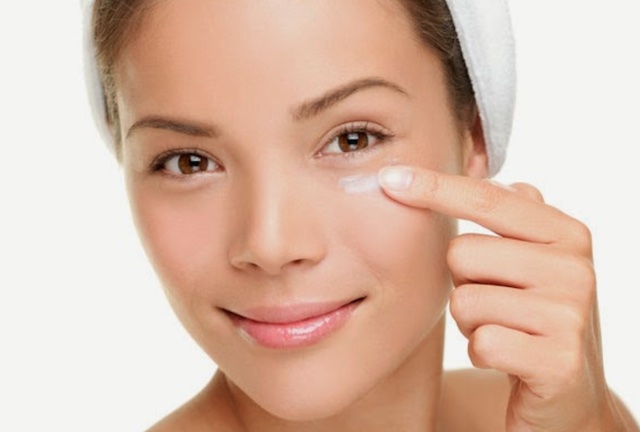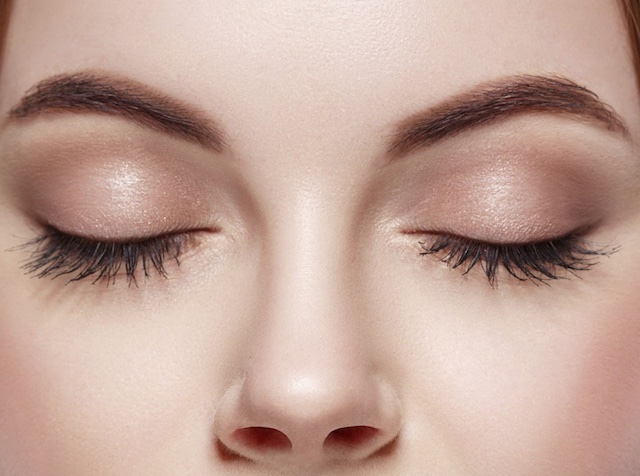What Are Different Skin Types?
If you are curious about knowing the skin types and the one you own…read on.
Cosmetic products recommended by dermatologist and skincare range from top brands often leaves you with multiple options targeted for specific skin types such as oily, dry, sensitive or combination. It is usually difficult for the consumer to figure out their skin type and they end up guessing it wrong.
The issue is tricky because skin types change over time and are affected by factors like climate, hormones, and diet.
Check out some advice by dermatologists to determine your skin type, it's cleansing, and moisturizing recommendations:

1) Dry skin
The skin type usually appears dull and lifeless, covered in a layer of dead skin cells. Over sun exposure, shower in hot water and over-exfoliating with products like salicylic or glycolic acids lead to dryness.
With hormonal changes coupled with aging, skin tends to get drier.
Key Tips:
· Keep it hydrated to look younger, plumper and radiant with reflective and smoother skin.
· Use creamier products rather than lotion or gel to moisturize at night and morning.
· Apply sunscreen during day outings.
· Use deep cleansers that contain glycerin, fruit oils, and gentle surfactants.

2) Oily Skin
When the skin secretes natural oils to keep itself moisturized, it is referred to as oily skin. Although self-moisturization is good, people with oily skin usually go into overdrive, especially those having larger pores.
People with oily skin tend to feel an oily film on the skin throughout the day leading to breakouts. Applying sunscreen or moisturizer seems difficult for these people as they end up feeling sticky.
Key Tips:
· Avoid using thick creams and moisturizer
· Keep your skin hydrated with hyaluronic acid, a chemical found in many moisturizers to retain water without secreting oil on the top layer of skin
· Try using the cleanser for the oily skin having Benzoyl Peroxide, the chemical that targets bacteria causing acne.
· Skin cleansing may be required daily or several times a week to keep acne and breakouts at bay.
· Moisturize your skin at night preferably to keep it hydrated rather than using a moisturizer in mornings
· Never skip sunscreen during daytime

3) Sensitive skin
Most prone to inflammation, sensitive skin catches up with acne, rosacea or red itchy rashes, frequently.
The skin type immediately reacts to certain ingredients and therefore a person has to avoid using harsh compounds in their cosmetics and beauty products.
To avoid irritation to the skin, avoid friction, exposure to excessive heat or triggers like alcohol or stress.
Sensitive skin types need not be a permanent skin condition. It may be due to over scrubbing or over-exfoliating or overly usage of harsh products.
Key Tips:
· Super gentle foaming and non-foaming cleaners are best.
· Use products having antioxidants and moisture-binding ingredients as they help to prevent water loss

4) Normal skin
This is one of the trickiest skin types. Many dermatologists doubt if it exists. The skin that is healthy and well-hydrated is normal.
When the skin produces enough sebum to hydrate it, it is normal skin.
Oil-free moisturizer with hydrating gel/B5 is best for this skin type.

5) Combination Skin
For some people, skin type can change their texture seasonally, becoming dry in winter and oily in summers. Sometimes, skin tends to be oilier around the forehead and nose, as oil glands are more here. And cheeks are dryer. The T-zone on the face stays oilier than the rest of the face. It's best to use oily skin type products in that area alone. This is combination skin type.
Key Tips:
· Better use a foaming cleanser that tends to avoid irritation and dryness.
· Keep skin moisturized using a hydrator that has a blend of hyaluronic acid molecules to hydrate the skin, leaving it supple and non-greasy.
Woohoo! Hope you are clear with your skin type. Now , you can choose your favorite beauty products!
, you can choose your favorite beauty products!
updates?





.jpg.webp)




0